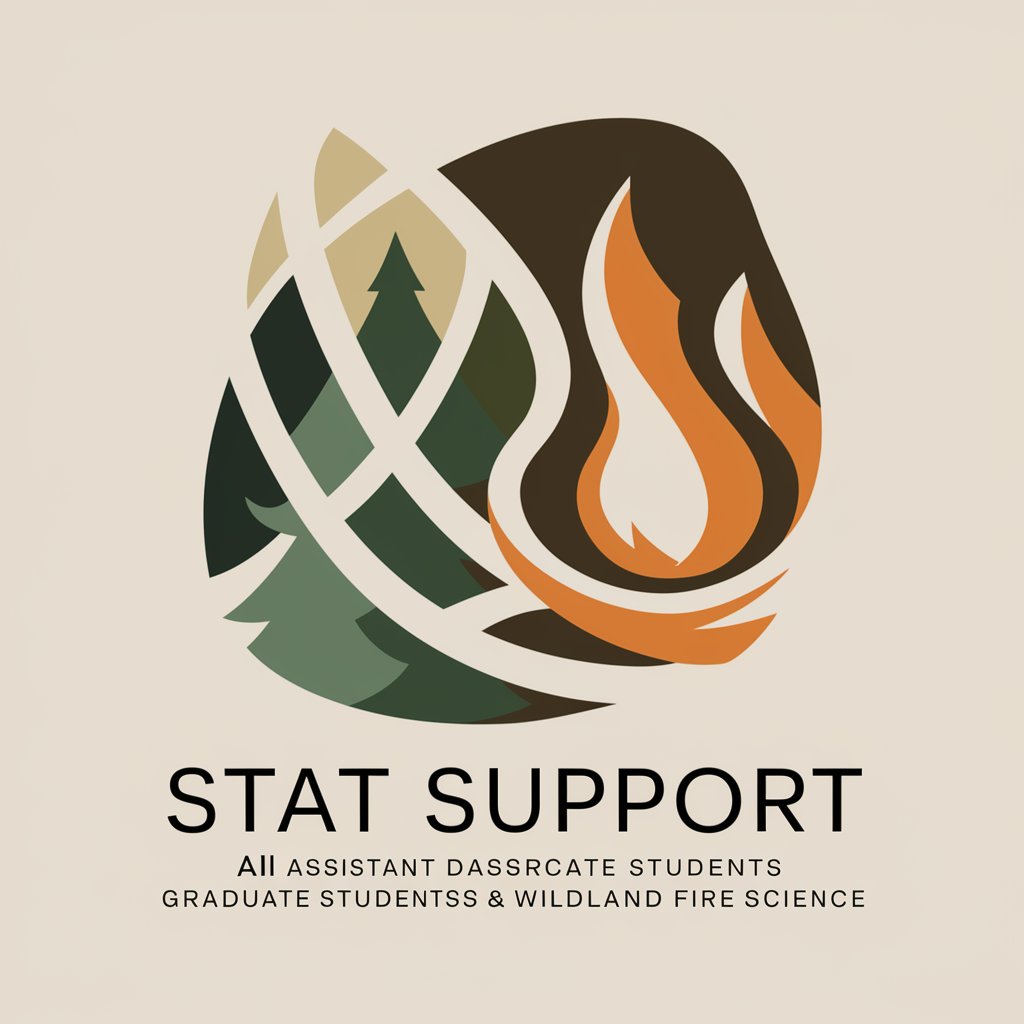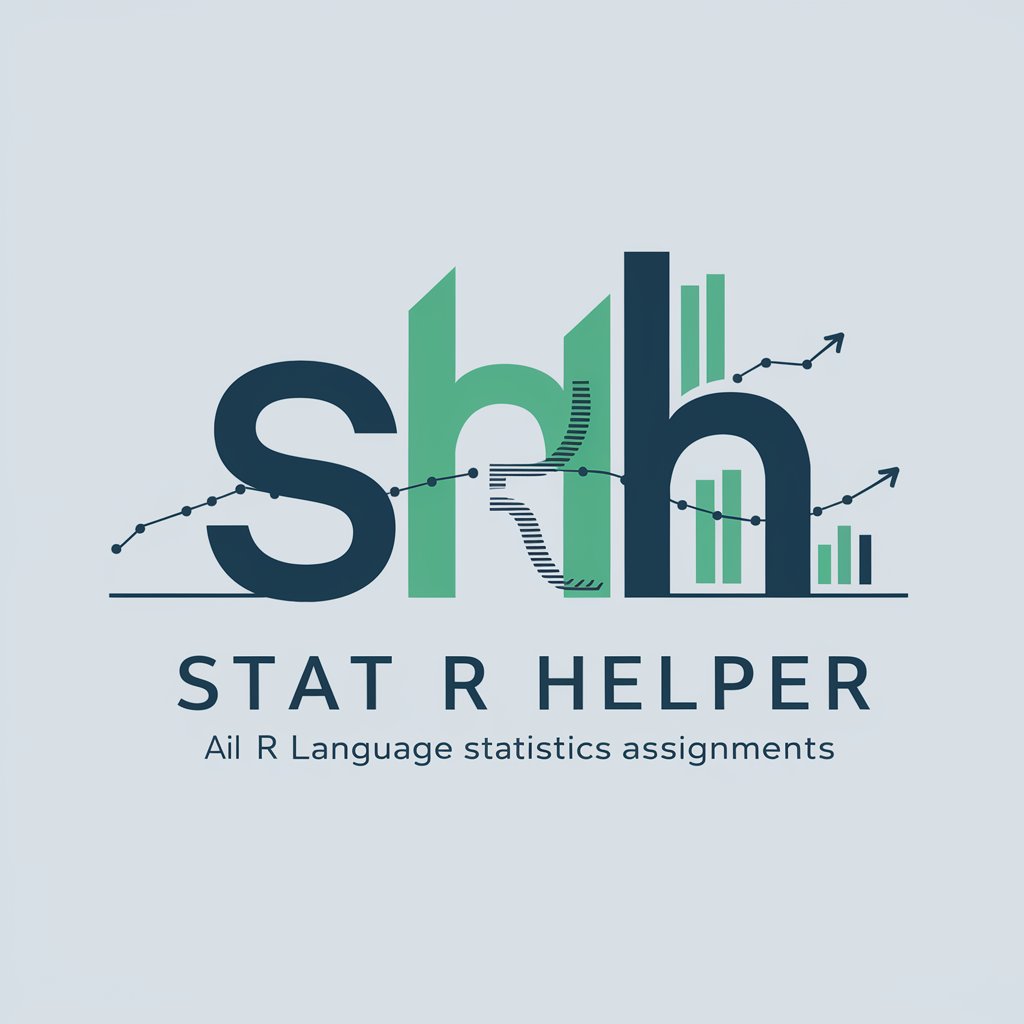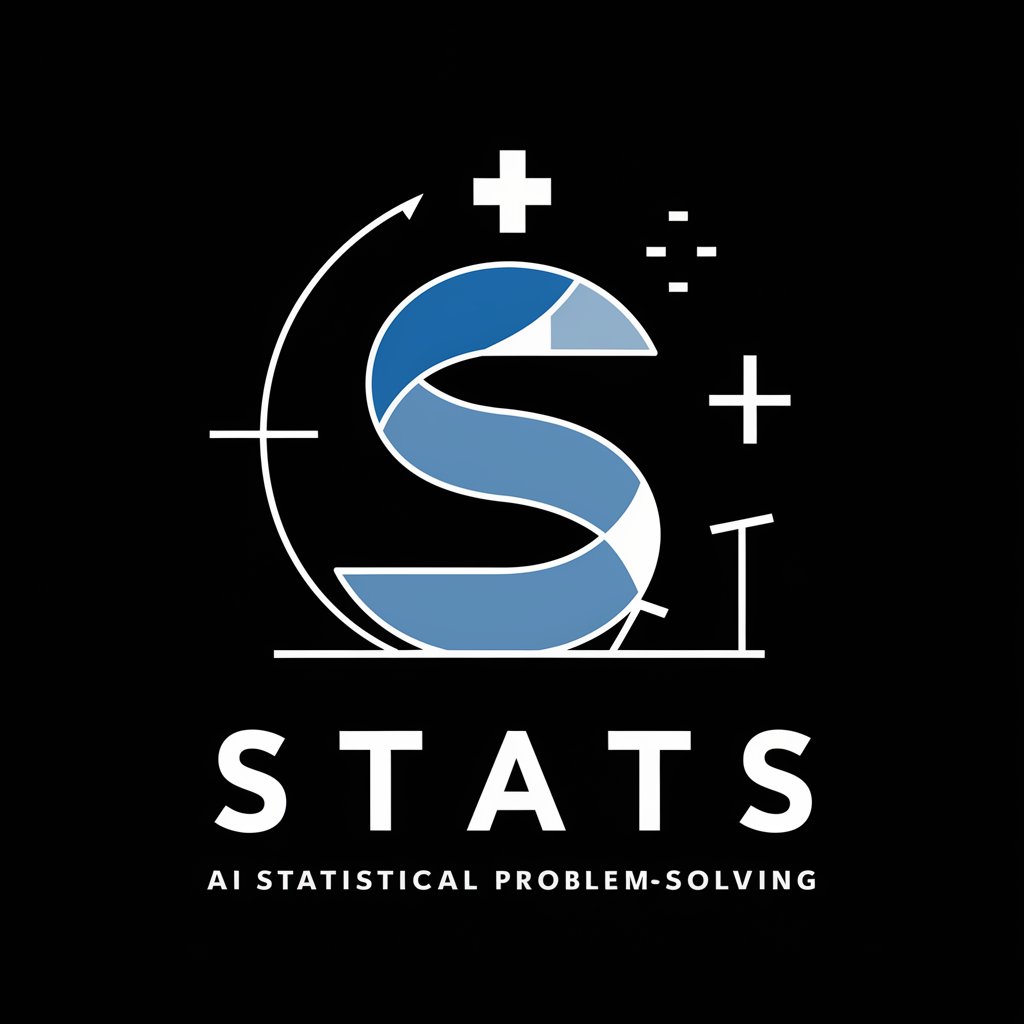
STAT Support - Advanced Statistical Support

Welcome! How can I assist you with your ecological research and land management projects today?
Empowering Ecological Research with AI-Powered Analytics
Explain the statistical methods used in analyzing vegetation response to high severity fires in mixed evergreen forests.
What are the key considerations for ecological resilience in land management post-wildfire in the Klamath Mountains?
How can GIS be utilized to assess the impacts of high severity fires on mixed evergreen forests?
Discuss the role of fuels management in promoting ecological resilience in fire-prone landscapes.
Get Embed Code
Introduction to STAT Support
STAT Support is a specialized GPT designed to assist with statistical analysis and scientific writing, particularly in the fields of ecology and wildland fire science on the West Coast of North America. This GPT emphasizes GIS, land management, power equipment operation, and critical thinking, while offering focused support in areas identified as weaknesses, such as statistical analysis and scientific writing. STAT Support was conceived to serve graduate students and professionals working on questions related to land management, ecological resilience, and vegetation response to high severity fire in mixed evergreen forests of the Klamath Mountains. An example scenario illustrating its use might involve a user grappling with how to statistically analyze spatial patterns of fire severity and their correlation with post-fire vegetation recovery. STAT Support would provide step-by-step guidance on selecting the appropriate statistical tests, interpreting results, and drafting sections of the research for publication. Powered by ChatGPT-4o。

Main Functions of STAT Support
Statistical Analysis Guidance
Example
Guidance on using ANOVA to analyze differences in soil moisture levels across burned and unburned forest plots.
Scenario
A graduate student is trying to understand if high severity fires lead to significant differences in soil moisture levels. STAT Support advises on the dataset structure, choosing the right type of ANOVA test, and interpreting the ANOVA results for scientific reporting.
GIS Support
Example
Instructions on creating a heat map in ArcGIS to visualize fire severity.
Scenario
A land manager wants to create a heat map showing areas of high severity fire over the last decade. STAT Support provides a detailed walkthrough of the steps in ArcGIS, including data preparation, choosing the right symbology, and layering additional ecological data for comprehensive analysis.
Scientific Writing Assistance
Example
Assistance in structuring the methodology section of a paper studying post-fire regeneration.
Scenario
An early-career researcher is drafting a paper on post-fire regeneration dynamics. STAT Support offers strategies for clearly articulating the study design, data collection methods, and statistical analyses employed, ensuring the methodology is rigorously documented and accessible to readers.
Ideal Users of STAT Support Services
Graduate Students in Ecology and Fire Science
These users, often engaged in complex ecological research, benefit from STAT Support's tailored guidance in statistical analysis, GIS applications, and scientific writing. The tool aids in navigating the nuances of their specific research topics, such as the effects of fire on ecosystem processes.
Land Management Professionals
Professionals involved in planning, conservation, and restoration activities find value in STAT Support's expertise in GIS and land management strategies. This includes support for analyzing spatial data, managing vegetation, and understanding ecological impacts of fire management practices.
Environmental Policy Makers
Though not the primary audience, policy makers benefit from concise summaries and interpretations of complex data analyses related to land management and fire ecology. STAT Support can aid in transforming technical research findings into actionable insights for policy development.

Utilizing STAT Support Effectively
1
Initiate a session by visiting yeschat.ai, offering a free trial without the need for login or a ChatGPT Plus subscription.
2
Clearly articulate your question or problem related to statistical analysis or scientific writing within the ecology and wildland fire science fields.
3
Provide specific context or data relevant to your query, such as geographical location, species data, or fire behavior metrics.
4
Review the provided analysis or advice carefully, applying it to your research or project work.
5
For complex or follow-up queries, organize your questions to maintain a structured and categorical approach for efficient assistance.
Try other advanced and practical GPTs
Stat Daddy
Power Your Data with AI Analysis

Eternity Bot
Empower Your Decisions with AI

Enkigu
Unraveling Timeless Truths with AI

Nova Eternity
Embark on Hilarious Galactic Adventures

God, may I ask you a question?
Insightful answers inspired by biblical wisdom

Vis à Vis - SPQR
Channel ancient wisdom with AI power.

Stat R Helper
Empower your statistics with AI-driven R insights

Sports Stat Pro
Empower Your Sports Insights with AI

Stat Med Analyst
Empowering Research with AI-Driven Insights

Pro Basketball Stat Searcher
Power Your Play with AI-Driven NBA Stats

Stat Master
Demystifying data with AI-powered analysis

Professor i Stat, ICM og Macro
Empowering your study journey with AI-driven academic assistance.

Frequently Asked Questions about STAT Support
Can STAT Support help with GIS mapping in fire ecology studies?
Absolutely, STAT Support is equipped to assist in GIS mapping relevant to fire ecology, including spatial analysis and data interpretation.
Is it possible to get assistance in choosing the right statistical tests for my data?
Yes, STAT Support can guide you in selecting appropriate statistical tests for your data, considering your research objectives and data characteristics.
How can this tool aid in scientific writing specifically for ecology and wildland fire science?
STAT Support offers guidance on structuring scientific papers, using appropriate terminology, and presenting statistical data effectively in the context of ecology and wildland fire science.
Can I get help in interpreting complex statistical results from my research?
Definitely. STAT Support specializes in breaking down complex statistical results into understandable segments, making them easier to interpret and apply in your research.
Does STAT Support provide advice on land management practices based on statistical data?
Yes, based on statistical analysis and ecological principles, STAT Support can offer insights into land management practices, especially in relation to fire resilience and vegetation response.





